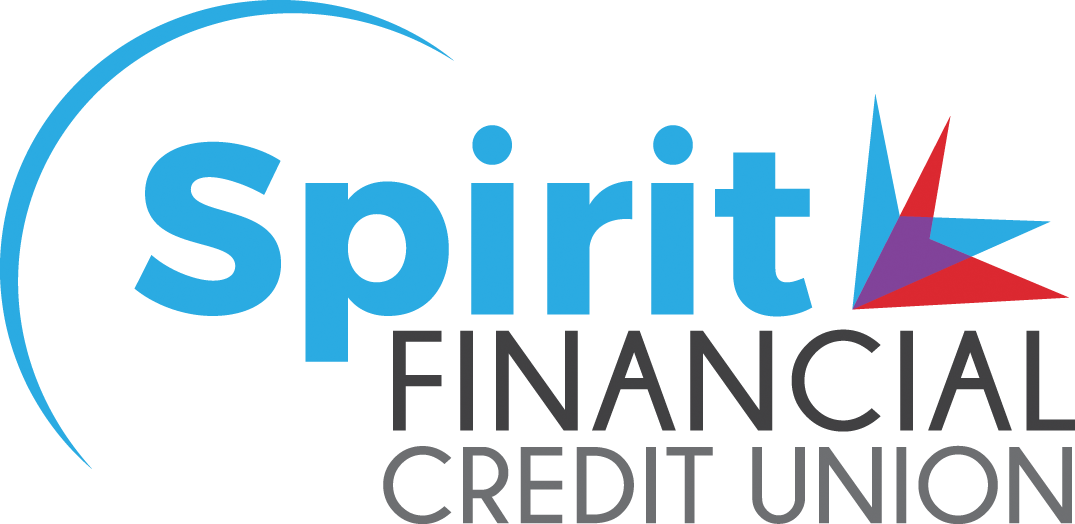The Best Uses of Your Home's Equity
Get smart about tapping into your home equity
Borrowing against the equity in your home can be a convenient, low-interest way to get the cash you need for a number of things. Your home equity is simply the difference between the market value and the amount you still owe on your home. Borrowing against your home can also be risky. When borrowing, you’re using your home as collateral. For that reason, you need to be sure you can afford those monthly payments.
Home equity loans are best when a lump sum of cash is needed for a single big expense, such as a large home remodel. You can borrow for a fixed period at a fixed interest rate. Your monthly payment will never change. A home equity line of credit, on the other hand, enables you to borrow money as you need it, up to an approved amount. The interest rate is variable on a HELOC, so your payment will change as the interest rate changes. The best option for you really depends on your needs. You can learn more about choosing between a home equity loan and a home equity line of credit in our “Home Equity vs HELOC blog.”
Here are some good uses of a home equity loan
· Home Improvement Projects – Home equity loans are ideal when looking to remodel or improve your home in some way. Whether you’re in need of a new roof, are planning to remodel your kitchen or are simply looking to make your home more energy efficient, tapping into your home equity can help you accomplish your home renovation goals.
· Debt Consolidation – Consolidating the balances of higher interest credit cards and high-interest loans into one lower interest home equity loan may help you to save money. It can also simplify your finances by consolidating many payments into one, more affordable monthly payment. If you decide to borrow against the equity in your home to pay down your credit cards, be sure you don’t charge them up again. You’ll just be getting yourself deeper in debt.
· College & Education Expenses – Many parents tap into the equity of their homes to help put their children through college. Tuition and other college expenses can be very costly. If you haven’t already been saving you may find yourself in need of some extra cash. Once you’ve explored all of your federal options, a home equity loan may be a good solution to making up the difference.
· Emergency Expenses – You may someday find yourself with a very low balance in your saving account and a major repair or big medical expense on your hands. Perhaps your roof is leaking, your furnace just died or your car is in need of an expensive repair. High and unexpected medical expenses can also put a strain on your finances. A home equity loan just may be the right answer to your emergency cash needs in these instances.
· Vehicle Purchase – Some people seem to prefer a home equity loan to a car loan when looking to purchase a new vehicle. The upside may be a lower rate on the home equity loan, but that’s not always the case. There may be more fees involved that counteract the lower interest rate.
You shouldn't borrow against the equity in your home for frivolous purchases, such as a shopping spree, electronics, a recreational vehicle, an exorbitant vacation or an expensive toy. It’s also never smart to use a home equity loan for day to day expenses. Before considering a home equity loan, know that the tax laws have changed. Interest on a home equity loan is only tax-deductible if the funds are used for home renovations on the property tied to the loan. While you may be considering a home equity loan to help pay for a college education, a wedding or consolidate debt, be aware that there is no longer a tax benefit.
Prepare prior to applying for a home equity loan
When considering a home equity loan, here are a few things that you can do to prepare. First, check your credit score and review your credit report. If your score is low, you may want to work on improving it before applying for a home equity loan. Second, determine the equity in your home. This will give you an idea of the amount of loan you will qualify for. Finally, do some research and gather rates from various lenders. Include your local credit union in your search for the best home equity loan deal. Spirit Financial Credit Union offers competitive rates, flexible terms, and no closing costs. Most credit unions offer better rates and lower fees than traditional banks.
Because you are using your home as collateral, a lender can foreclose if you fail to make your loan payment. If your home’s value declines, you may also go underwater with your loan, owing more than your home is actually worth. You want to be sure you don’t get in over your head and can make your home equity loan payments on time every month. Use the equity in your home wisely.
Learn more about what to consider before applying for a home equity loan by reading our blog, “5 Things to Consider Before Applying for a Home Equity Loan.”


